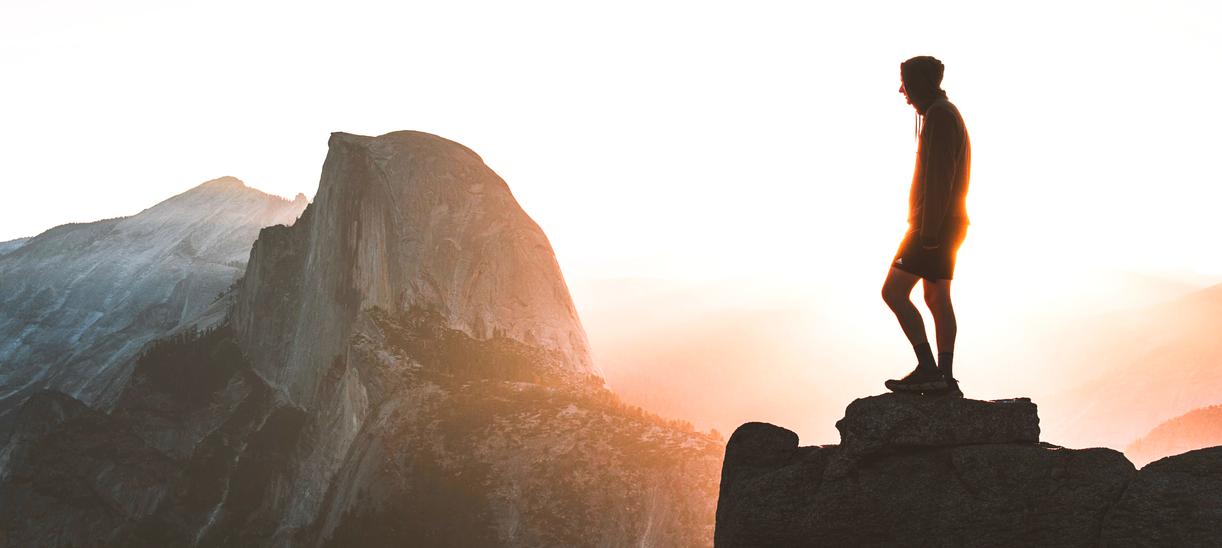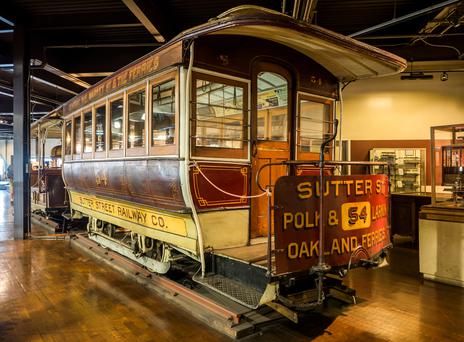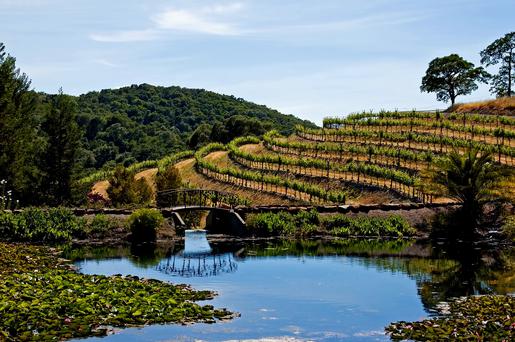Patagonia is one of California’s best-known social enterprises and is a mainstay for the country’s adventurous spirits. While the brand has become a household name, the founder’s humble beginnings and commitment to progress over perfection are what paved the road to success.
Yvon Chouinard discovered a passion for climbing when he was 14 years old. As a member of the Southern California Falconry Club, Chouinard never expected to fall in love with climbing, but the world has a funny way of introducing inspiring individuals to their destinies. For Chouinard, that meant meeting adult leader Don Prentice, who taught Chouinard and his fellow members how to rappel down cliffsides in order to find falcons’ nests. Enamored by rock climbing more than by seeking out falcons, Chouinard set off with his friends to crest bigger walls—and eventually founded Patagonia.
But before Patagonia became the socially responsible company it is today, it was known as Chouinard Equipment. While the company’s founder will be the first to tell you that ethics haven’t always been at the heart of what his brand does, like most things in life, being a responsible enterprise was learned over many years through endless trials and tribulations.
Chouinard Equipment rose out of Chouinard’s own need for reusable pitons so he could climb in Yosemite National Park. Since soft-iron pitons were the only ones on the market, and since lengthy ascents in the valley would require hundreds of pitons to be placed, Chouinard resolved to create his own.
Modeled after those of Swiss climber John Salathé, Chouinard’s pitons were crafted with hard-iron and pure dedication. The self-taught blacksmith put his creations to the test in Yosemite on both Lost Arrow Chimney and the north face of Sentinel Rock. Seeing them in action, Chouinard’s friends instantly became interested, and before he knew it, Chouinard was making his reusable tools in his parents’ backyard in Burbank.
Eight years later, the demand had grown so much that he was no longer able to craft each item by hand. Instead, Chouinard formed a partnership with fellow Sierra Club member Tom Frost and switched over to machinery to get the job done. Thanks to Frost’s aeronautical engineering and climbing background, the duo was able to improve the industry’s gear by making simpler, more functional versions of existing tools.
By 1970, Chouinard Equipment was the country’s largest supplier of climbing hardware—but its success had come at a price. Thanks to the pitons, the company’s flagship and primary product, California’s most beloved climbing surfaces were suffering; as pitons were hammered into the rocks and forcefully removed, cracks emerged, creating damage that couldn’t be undone.
Feeling a sense of responsibility to the climbing places that inspired them, Chouinard and Frost decided to pivot away from hard-iron pitons and created aluminum chocks instead. These chocks could be placed and removed by hand (instead of requiring a hammer), allowing the creators to uphold their moral obligations while also enabling them to spread their love for climbing.
The business grew from there, encompassing other aspects of climbing culture, including clothing that made the activity easier. Thus, Patagonia was born to craft the highest-performing climbing gear available. As the years passed, Patagonia discovered more issues facing its industry: the environmentally harmful business practices, the need for working parents to have flexible working hours, and the use of microplastics in fleece. But Patagonia has responded to each obstacle with compassion and a willingness to change for the benefit of society—even becoming the first California company to sign up for a B Corporation certification in 2012.
Noteworthy Outdoor Company: Klean Kanteen
Klean Kanteen is one of California’s most well-known reusable water bottle brands, offering everything from cups and mugs to insulated bottles and growlers that were made for adventure. While the market might be saturated with these sustainable staples, that wasn’t the case when Klean Kanteen arrived on the scene in 2004.
Founder and inventor Robert Seals saw the shortfalls of the industry in 2002—having realized the vast impact of plastic on the environment and the use of stainless steel for durable use—and set out to create the solution to his own problem. Crafted from materials he could find at Chico’s local hardware shop, Seals made the first prototype; just two years later, the 27-ounce bottle provided consumers with a viable alternative to toxic, disposable plastic bottles.
Though he found success with this invention, Seals passed the company on to the Cresswell family in 2005 and continued to make music and art as well as educate future generations about the environment. With some help from their father, Darrel Cresswell, siblings Jeff Cresswell and Michelle Kalberer joined forces to continue Seals’ vision of reducing plastic pollution while also introducing a new layer of social responsibility to the company.
In addition to being a certified B Corporation, Klean Kanteen partners with numerous organizations to improve the country’s water, reduce single-use waste, and restore our rivers. While the company’s founders have a unique story, it’s clear that Klean Kanteen wouldn’t have blazed the same sustainable trail without the contributions of each individual.
California Founder Spotlight: Joe Demin of Yellow Leaf Hammocks
As with many of the best inventions, the idea for Yellow Leaf Hammocks was discovered by accident. Co-founder Joe Demin went on vacation to Thailand in 2011 and—after taking a spontaneous motorcycle ride—found his inspiration hanging outside a hut. There, on a small island, Demin felt the softest, most beautiful, and comfiest hammock he’d ever experienced.
While it might not sound like a life-altering find, this hammock spurred Demin to purchase as many as he could carry and found Yellow Leaf Hammocks. Once back in the states, he shared his ideas with his now-wife and Yellow Leaf Hammocks co-founder, Rachel Connors. The duo soon brought their hand-woven, curated collection of hammocks to market. By partnering with skilled weavers, Yellow Leaf Hammocks offers an unparalleled product while simultaneously helping families rise out of poverty in a sustainable way.
Today, Yellow Leaf Hammocks is a certified B Corporation working with three weaving communities to improve their health, nutrition, and education by providing higher-than-living-wage jobs. Having recently garnered a million-dollar investment on Shark Tank, there’s no telling what impact Yellow Leaf Hammocks and its founders will have next.
Do you know any California founders making a difference in their communities or across the world? Nominate your favorite brands for the California.com Recommended Business Program.






